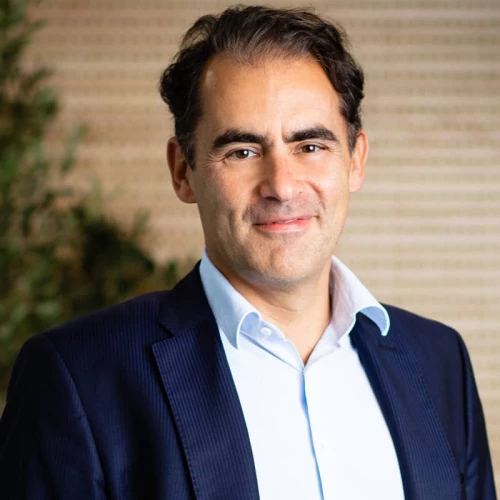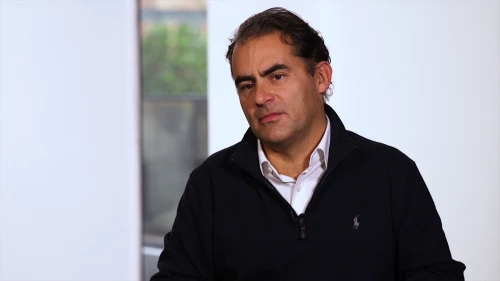
Patrick Dupoux
Managing Director & Senior Partner; Head of Social Impact Practice for EMESA; Member of BCG's Executive Committee ParisEducation
- MBA, INSEAD
- MSc, engineering, École Nationale des Ponts et Chaussées
Patrick Dupoux opened Boston Consulting Group's Casablanca office in 2010. Prior to helping found the Casablanca office, Patrick had worked for BCG in Paris since 2001, on assignments in the energy and environment, industrial goods, and corporate finance industries as well as in the public sector. Patrick is former Head of the BCG Africa system, and over the last ten years, he has led BCG’s work in Morocco and North Africa, and helped assignments for Morocco’s leading public and private sector institutions. Patrick also leads the Social Impact practice’s global development impact area.
In his career, Patrick has supported more than 50 multinational companies (across industrial goods, fertilizer, consumer goods, transportation and logistics, infrastructure, and commodities) as they expand into Africa. He currently co-chairs the Regional Business Council for Africa of the World Economic Forum.
Patrick also leads BCG’s Public Sector and Social Impact practices in Africa, and has supported several African governments and financial development institutions on economic development topics (industrialization, FDI attraction, development of cities and financial centers, etc.). He leads BCG's work in globalization for the Europe, Africa, and South America region.
Prior to joining BCG, Patrick spent three years in Argentina with Suez Water, one year in project finance with BNP Paribas, and one year in the US and Africa with the World Bank.












